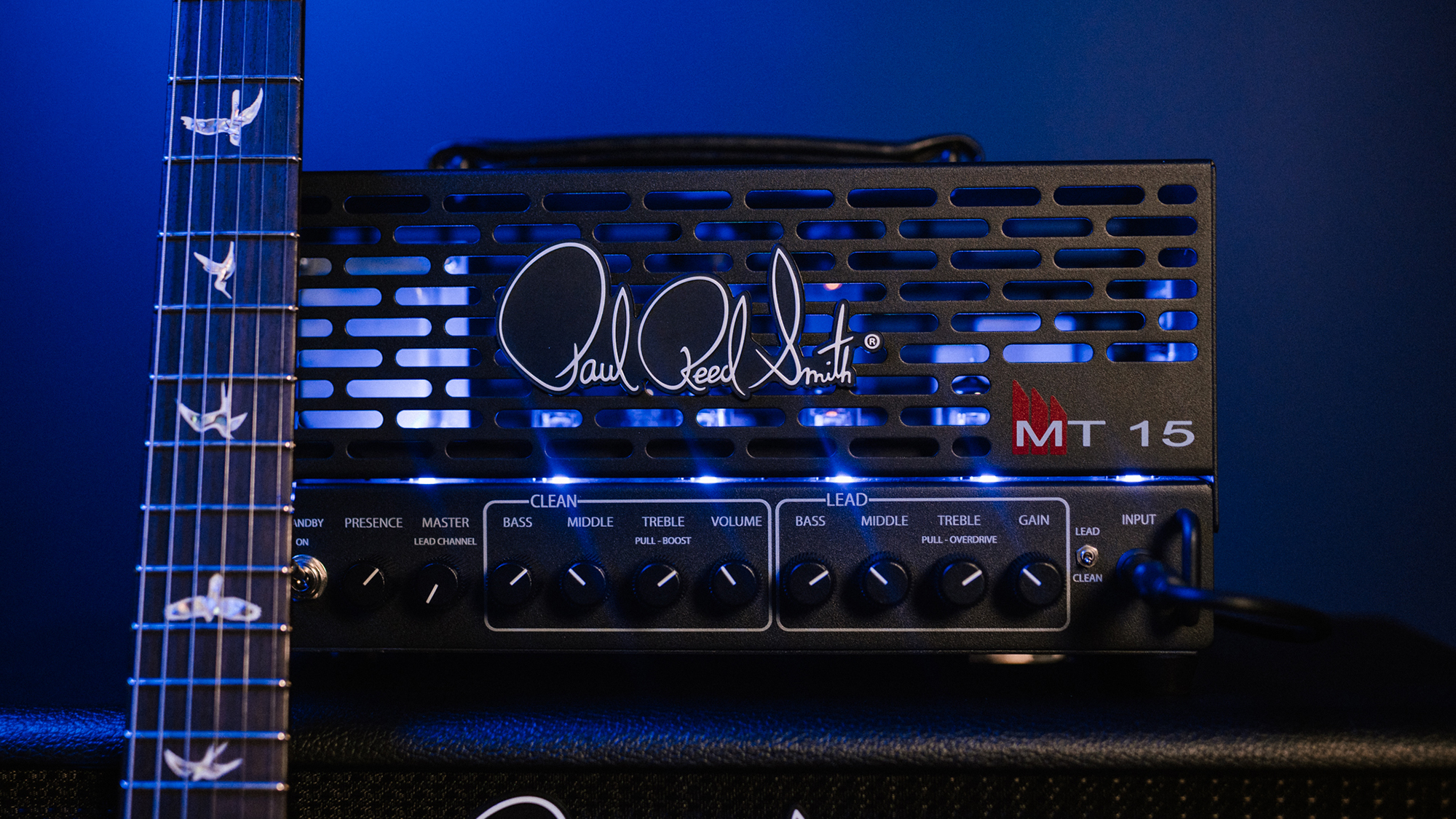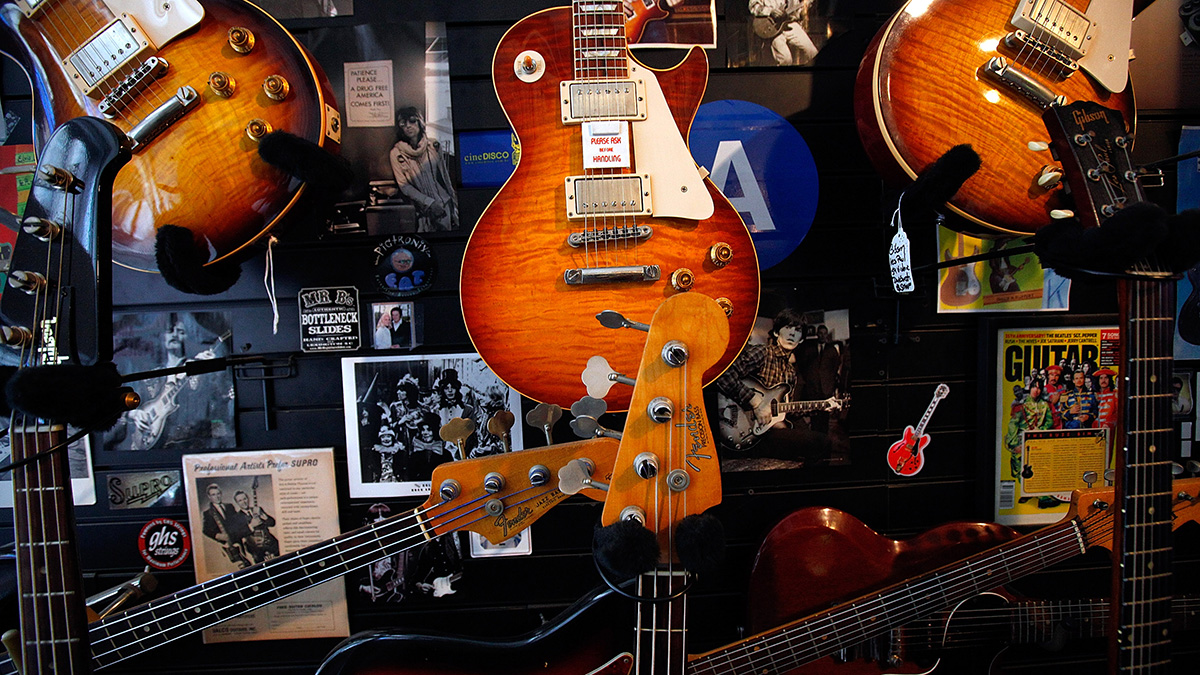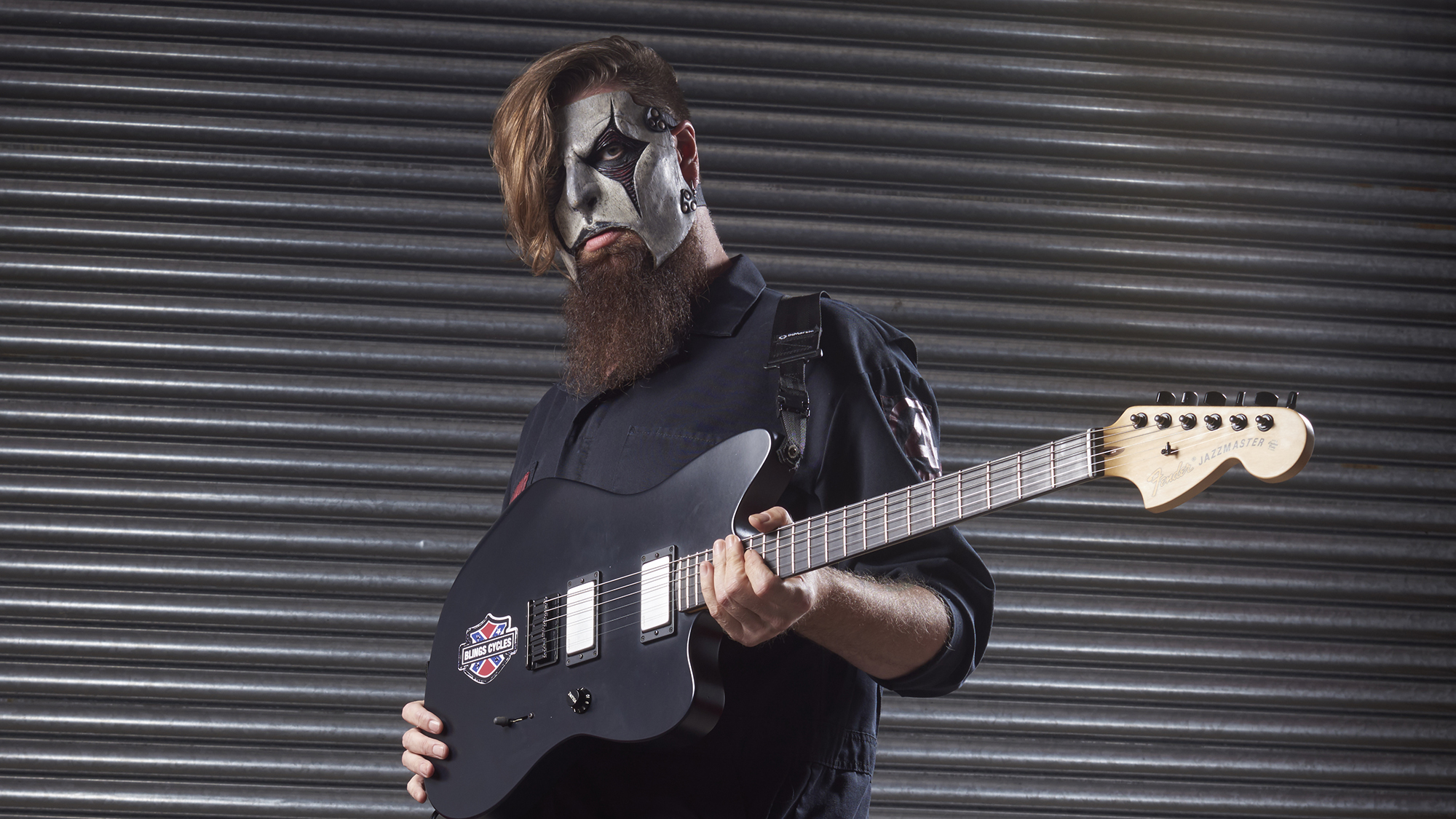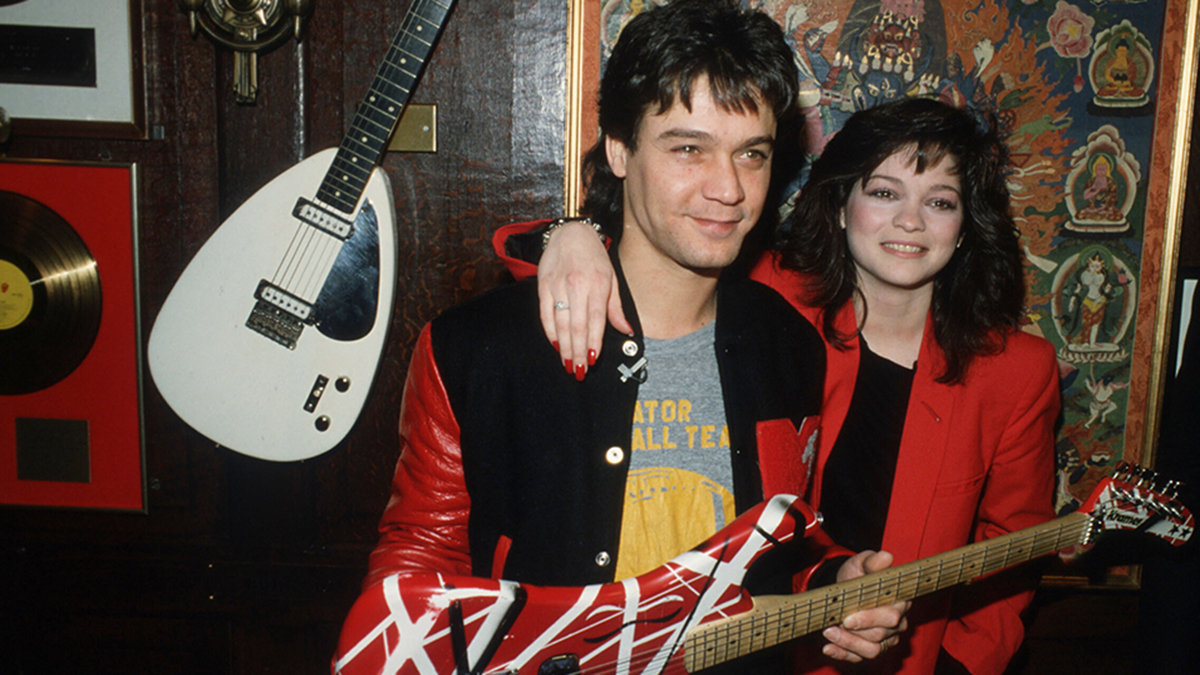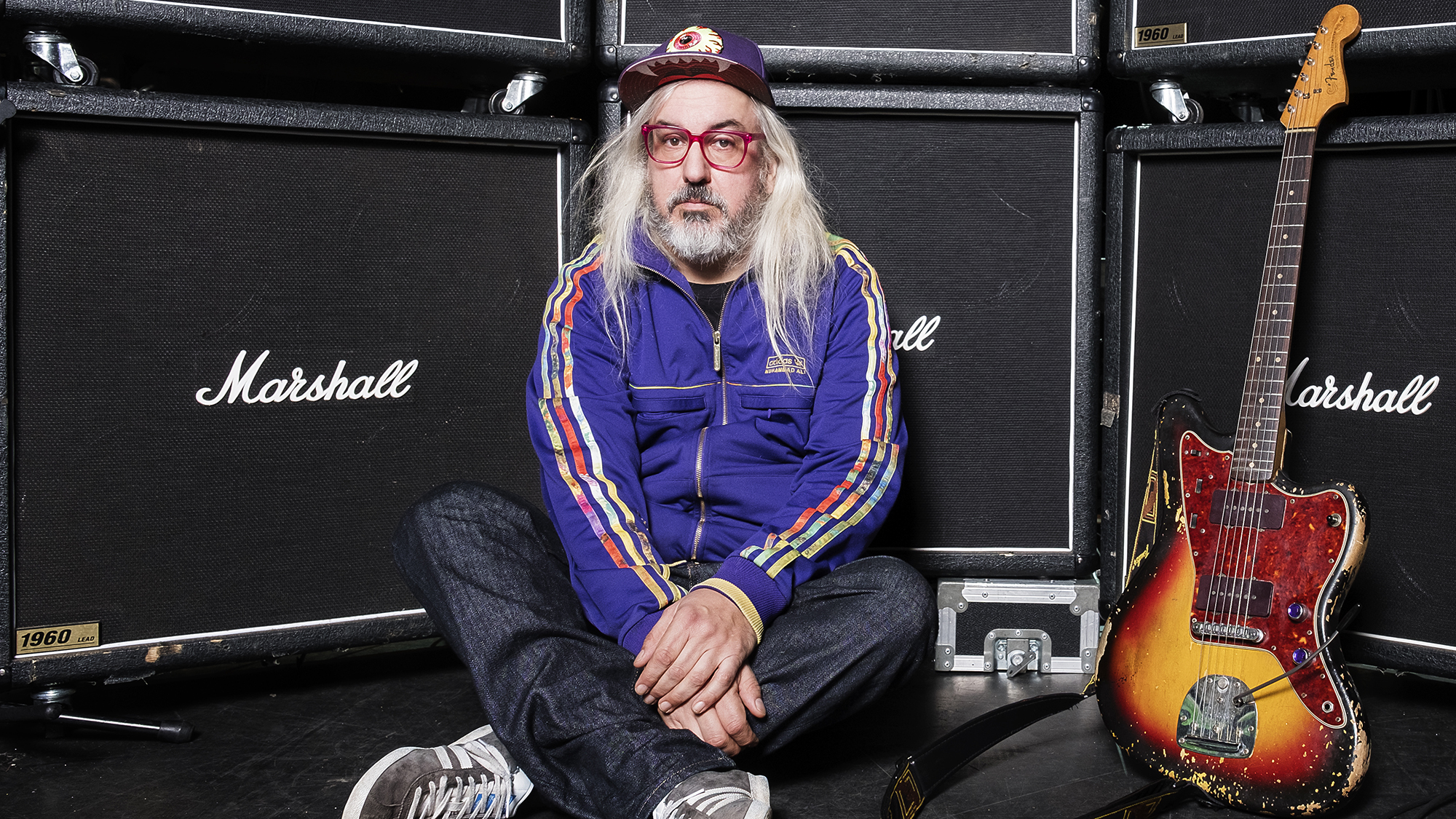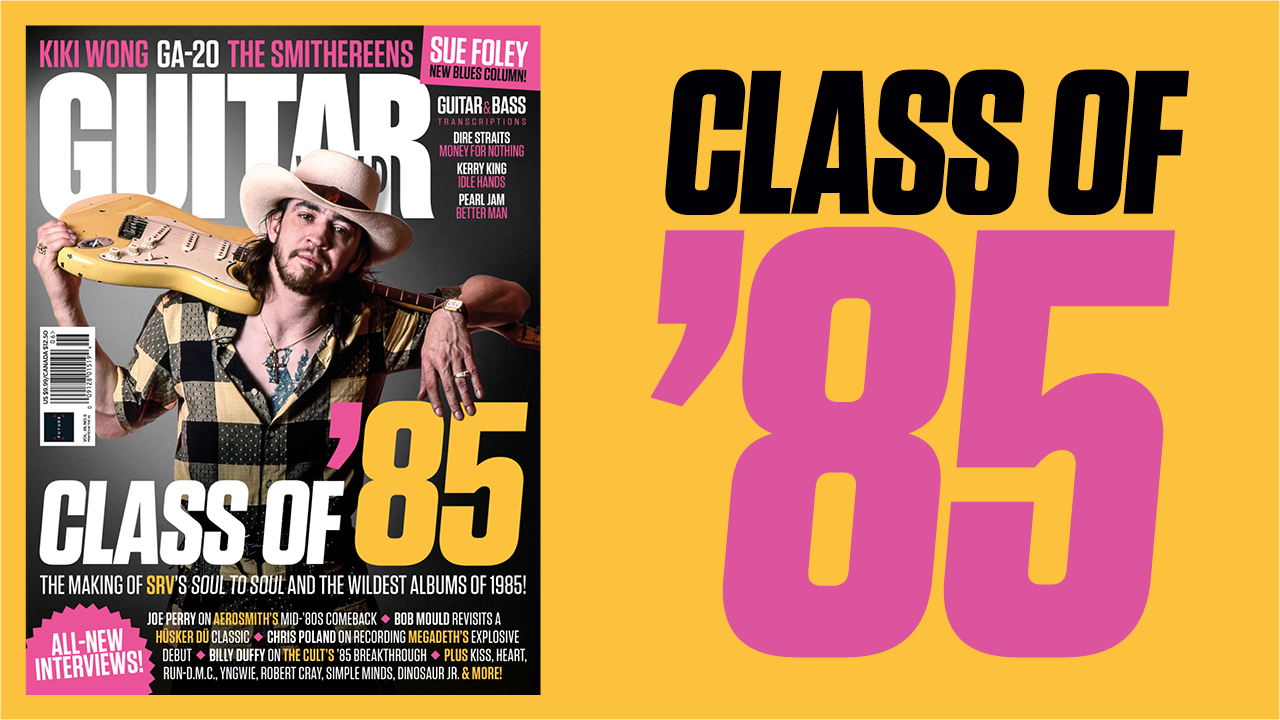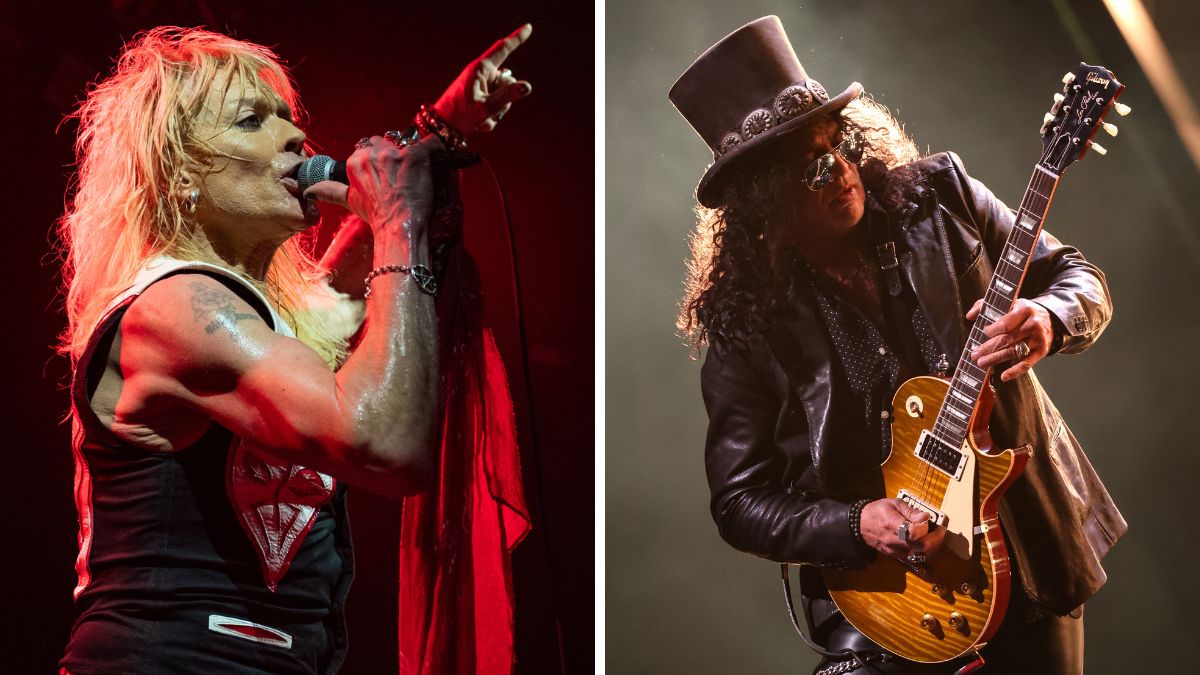“It’s the only delay that can make those OK Computer sounds”: Ed O’Brien explains why one BOSS pedal was integral to Radiohead’s landmark ’90s albums
The Bends and OK Computer wouldn’t sound the same without the BOSS DD-5 – and Radiohead’s resident effects expert is already eyeing up some newly launched delays for the band’s next outing

Of Radiohead’s three guitarists, Ed O’Brien is the band’s resident stompbox obsessive, with an eternally rotating pedalboard (which, these days, is usually built by TheGigRig/That Pedal Show’s Daniel Steinhardt).
O’Brien is tasked with occupying the space between Jonny Greenwood’s acerbic leads and Thom Yorke’s rhythmic dances, and as such, pedals and textural playing have been integral to his guitar approach.
In a new interview with Guitarist magazine, O’Brien has explained how two of the band’s seminal ’90s records, The Bends and OK Computer, were shaped by one BOSS pedal in particular – and it’s been on every pedalboard he’s brought on tour since.
“I love the DD-5,” he says. “To me, the DD-3 is the sound of the ’80s, while the DD-5 is the sound of the ’90s. The DD-5 was key to the sound of The Bends and OK Computer. It was virtually all DD-5.
“I didn’t use many pedals at the time, but the BOSS DD-5 was one of my favourites because I could get so many different sounds out of it. I love using it for ring modulator-style noises.
“I play around with that pedal a lot and it’s been on every Radiohead pedalboard I’ve gone out with because it’s the only delay that can make those OK Computer sounds.”
O’Brien’s love of BOSS delays doesn’t stop there, though. His first delay pedal was a DD-3 – and he uses a DD-3T on his current ’board – but he’s also keeping a close eye on the Japanese effects giant’s latest output for future tours with Radiohead.
Get The Pick Newsletter
All the latest guitar news, interviews, lessons, reviews, deals and more, direct to your inbox!
“When I go out on tour again, the [DM-101] Delay Machine is probably going on the ’board,” he reveals of his plans for BOSS’s “ultimate analog delay pedal”.
“I can store sounds in there, which I can’t do with the Electro-Harmonix Memory Man. The Delay Machine is extraordinary.”
The SDE-3000D, BOSS’s newly launched version of Roland’s game-changing ’80s rack unit, is also in O’Brien’s sights.
Each delay does something differently and, for me, it’s an emotional thing. Like, how do I hear and see the record emotionally?
“If I can make the SDE-3000D [Dual Digital Delay] work I’ll use that, too, although I’ll still need a DD-5,” he admits. “I think the [original Roland] SDE-3000 is amazing. That ’80s era of delays was really special, and BOSS totally nailed it.
“Daniel [Steinhardt] and I have very similar tastes in delays, and I’m always waiting for his validation. With the SDE-3000D, he said, ‘BOSS have knocked it out of the park.’”
So, in an age where guitarists can have all manner of all-encompassing delay modelers at their feet, why does O’Brien need so many delays? It’s all about the feeling, he says.
“Delays are like any pedal inasmuch they have their own character,” he explains.
“Each one does something differently and, for me, it’s an emotional thing. Like, how do I hear and see the record emotionally? I’m not one of those guys who has one delay and that’s my sound. It’s an expensive habit – I have lots of delays – but, as you can tell, I’m a big fan of BOSS!”
This month, Guitarist magazine includes a free supplement dedicated to 50 Years of BOSS. Click here to download it as a digital version or here for a 'digital page-turner' on Issu.

Mike is Editor-in-Chief of GuitarWorld.com, in addition to being an offset fiend and recovering pedal addict. He has a master's degree in journalism from Cardiff University, and over a decade's experience writing and editing for guitar publications including MusicRadar, Total Guitar and Guitarist, as well as 20 years of recording and live experience in original and function bands. During his career, he has interviewed the likes of John Frusciante, Chris Cornell, Tom Morello, Matt Bellamy, Kirk Hammett, Jerry Cantrell, Joe Satriani, Tom DeLonge, Ed O'Brien, Polyphia, Tosin Abasi, Yvette Young and many more. In his free time, you'll find him making progressive instrumental rock under the nom de plume Maebe.
“Sonically excellent… we found that it could be a viable substitute for our vintage 1970s pedals”: Hamstead x That Pedal Show Redwing Analogue Stereo Modulator review
“The original Jordan Boss Tone was probably used by four out of five garage bands in the late ’60s”: Unpacking the gnarly magic of the Jordan Boss Tone – an actual guitar plug-in that delivers Dan Auerbach-approved fuzz

